Vision, Mission & Scientific Aims
To boldly explore and advance new chemical frontiers in the life sciences, physical sciences, medicine, energy, materials, and environmental sciences through visionary research, innovation, collaboration, and scholarship
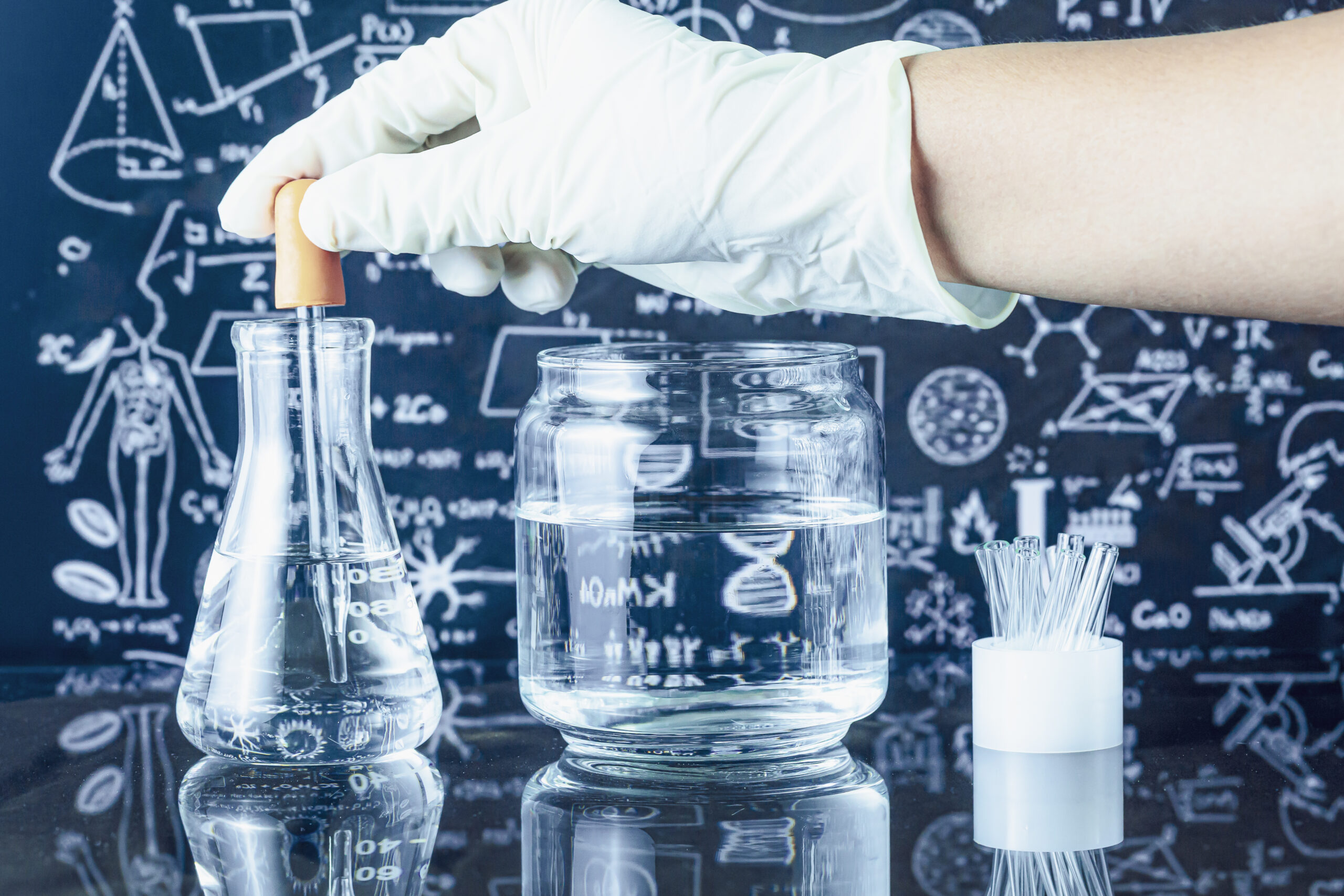
Analytical Chemistry
-
Chemical compound identification
-
Analysis of chemical reactions
-
Data collection
What do analytical chemists do?
Analytical chemists use their knowledge of chemistry, instrumentation, computers, and statistics to solve problems in almost all areas of chemistry and for all kinds of industries.
What is Analytical Chemistry?
Analytical chemistry is the science of obtaining, processing, and communicating information about the composition and structure of matter. In other words, it is the art and science of determining what matter is and how much of it exists. Analytical chemistry can be a challenging profession that makes significant contributions to many fields of science. It is one of the most popular fields of work for ACS chemists.
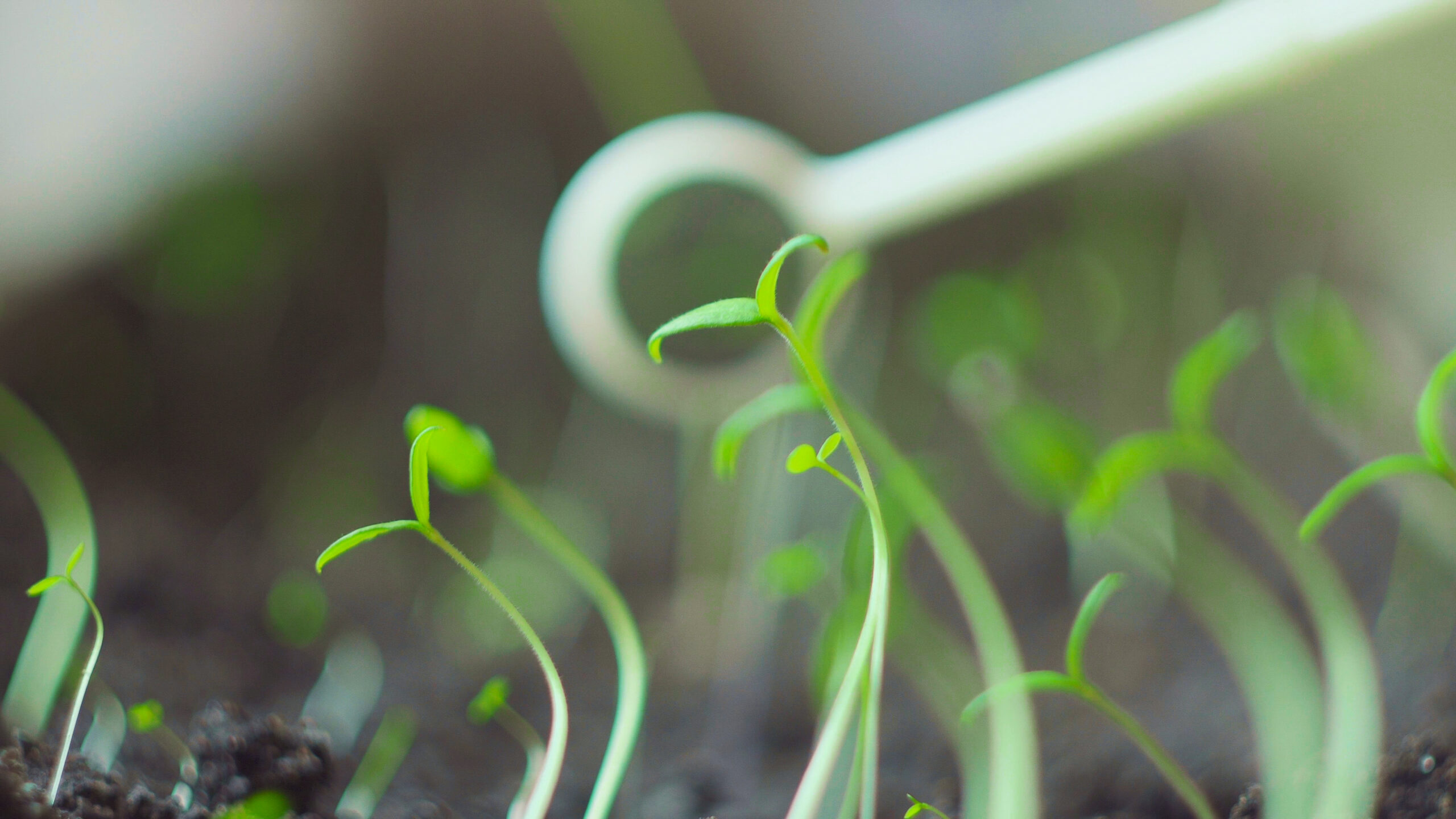
What is Organic Chemistry?
Organic chemistry is the study of the structure, properties, composition, reactions, and preparation of carbon-containing compounds. Most organic compounds contain carbon and hydrogen, but they may also include any number of other elements (e.g., nitrogen, oxygen, halogens, phosphorus, silicon, sulfur). Originally limited to the study of compounds produced by living organisms, organic chemistry has been broadened to include human-made substances (e.g., plastics).
Organic Chemistry
-
Synthesis of a new compound
-
Understanding reaction mechanism
-
Material science applications
What do organic chemists do?
Organic chemistry is a highly creative science that allows chemists to create and explore molecules and compounds. Organic chemists spend much of their time developing new compounds and finding better ways of synthesizing existing ones.
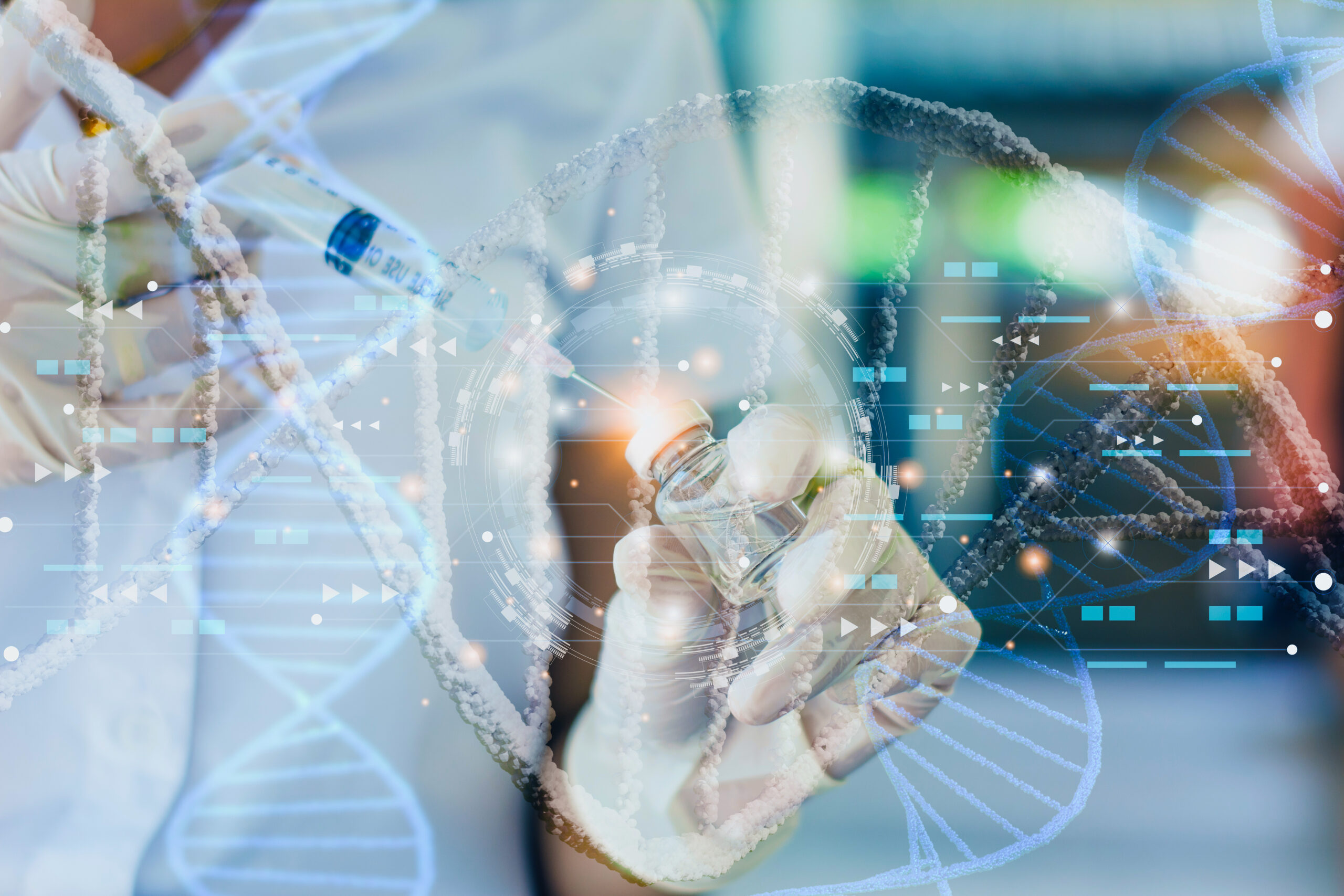
Biochemistry & Biomedical Engineering
-
Discovering effects of a chemical compound
-
Understanding how chemicals are related to health
-
Creating a new device that resemble human organs
What do biomedical engineers do?
Biochemistry Focuses on understanding the chemical processes that occur within living systems. Biochemists often work in pharmaceutical research, academic settings, or other industries as scientists.
Biomedical engineering Uses engineering principles to solve biological and medical problems. Biomedical engineers often work in manufacturing, research, or hospital settings. They research, design, and create new biomedical technology, and test and evaluate the effectiveness of current technology and equipment.
What Is Biochemistry & Biomedical Engineering?
Biochemistry focuses on understanding the chemical processes within living systems, whereas biomedical engineering applies engineering principles to solve biological and medical problems. In simpler terms, biochemistry deals with the 'why' and 'how' of the biological world, while biomedical engineering is more focused on developing practical solutions and innovations in medicine.
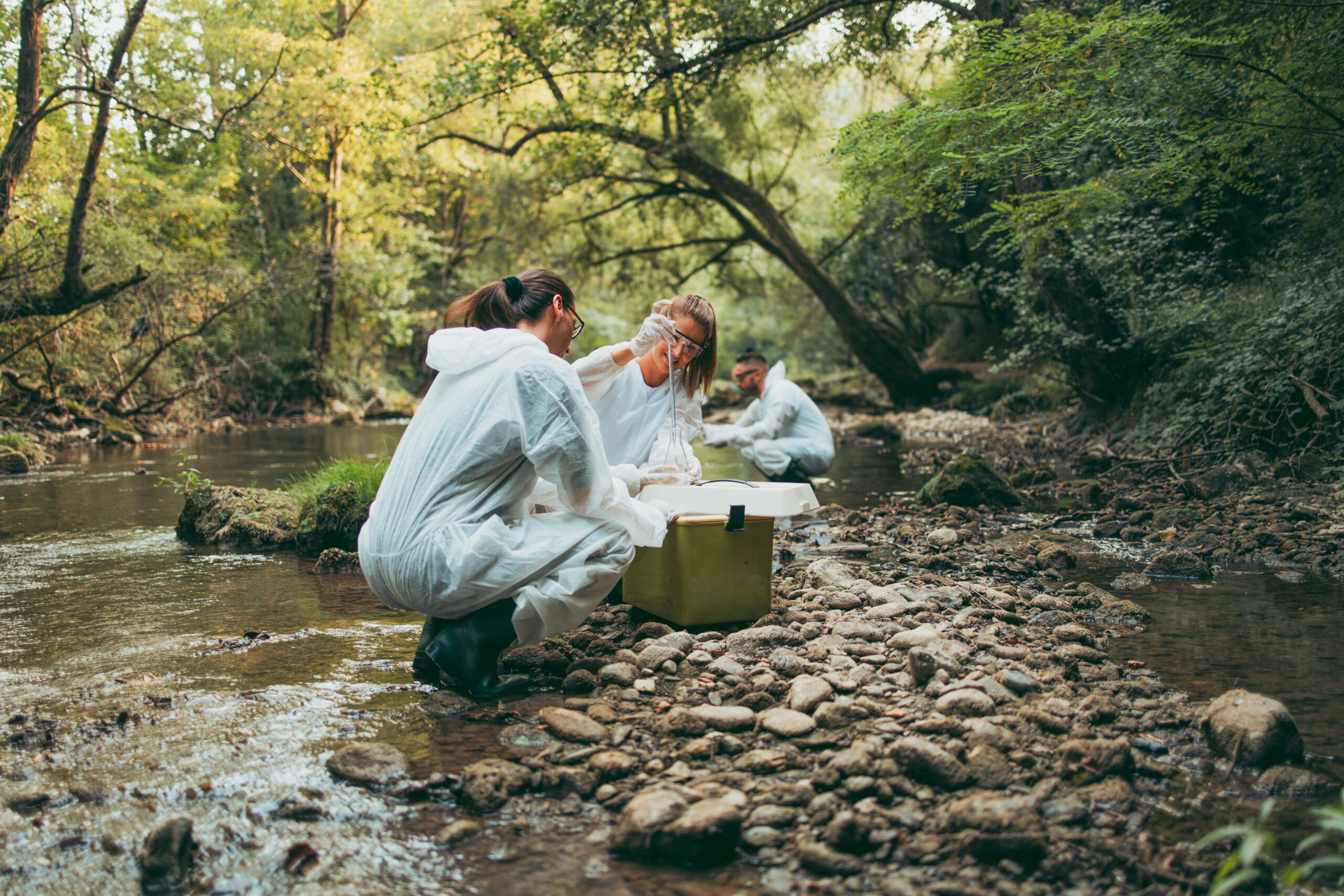
What is Environmental Science?
Environmental science is an interdisciplinary field of study encompassing aspects of physics, chemistry, biology, geography, and other disciplines. It aims to understand the environment and how humans impact it. It’s not just a study of the environment but also of possible solutions to environmental issues such as deforestation, global warming, and pollution.
Environmental Science
-
Understanding how chemistry plays crucial role in the environment
-
Minimizing pollution and improving life-quality
What do Environmental Science do?
At its core, an environmentalist is someone who advocates for the protection of the environment and the sustainable use of natural resources. They are passionate stewards of the Earth, working towards solutions to mitigate environmental issues such as pollution, deforestation, habitat destruction, and climate change.
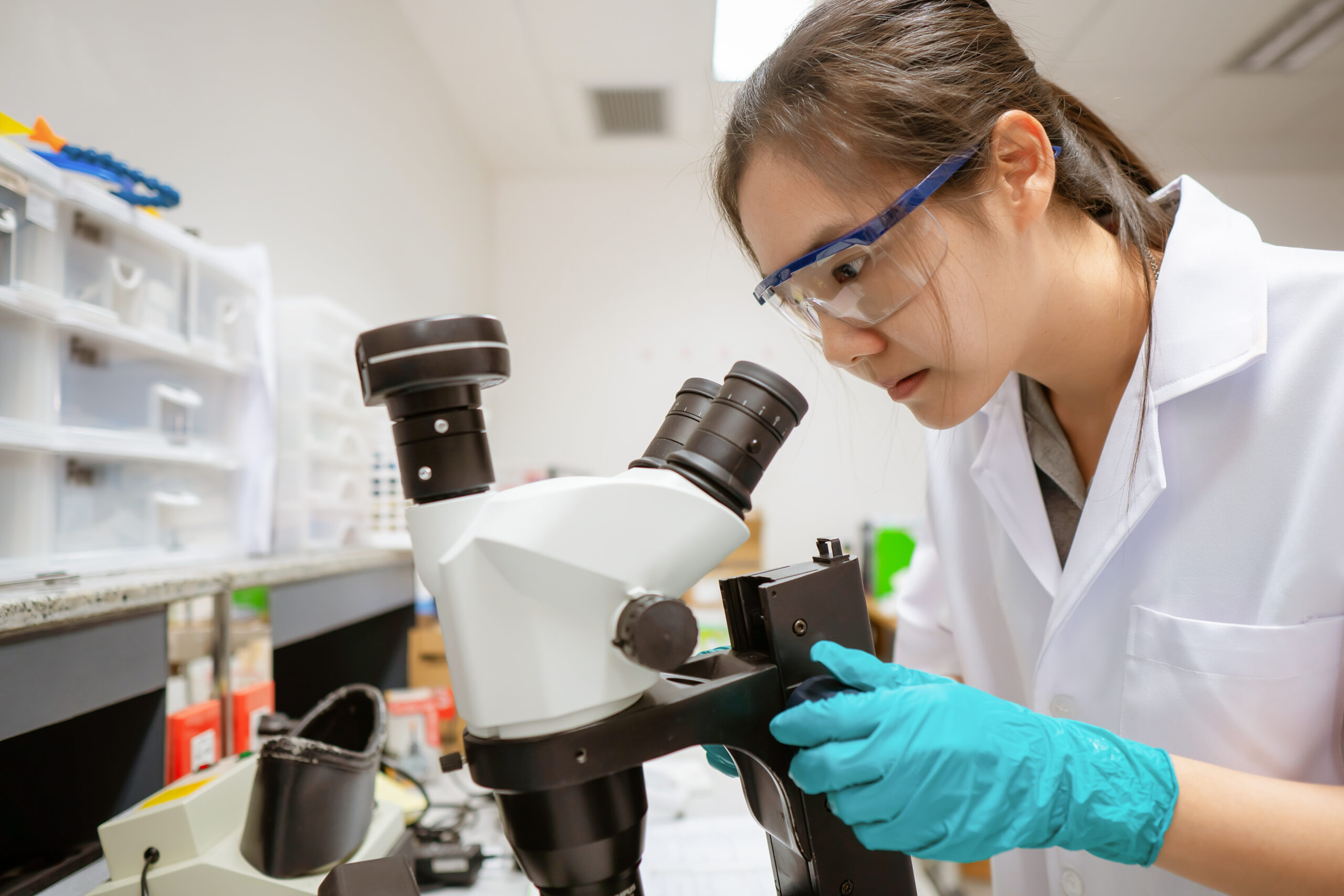
University Setting
-
Works with Professors from different university
-
Provides research opportunities from various lab settings

